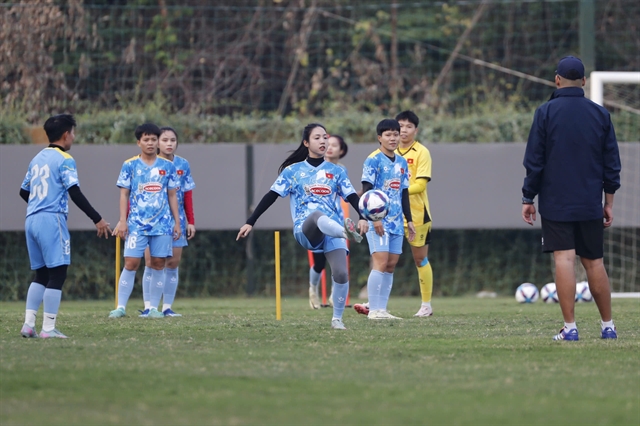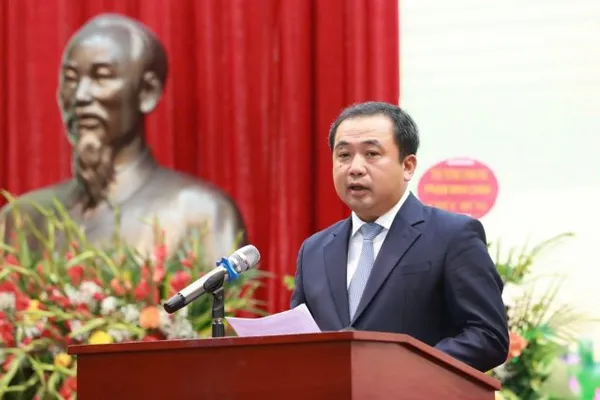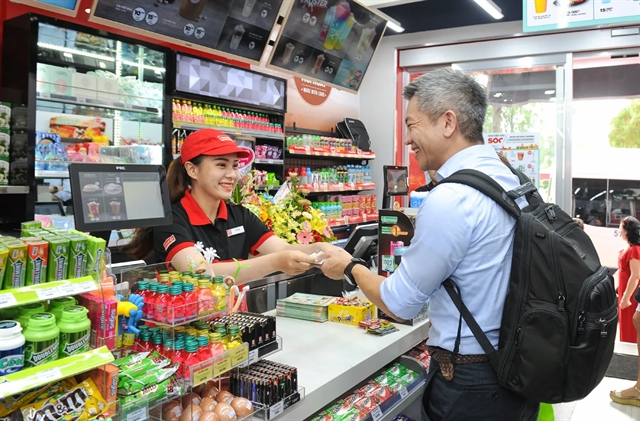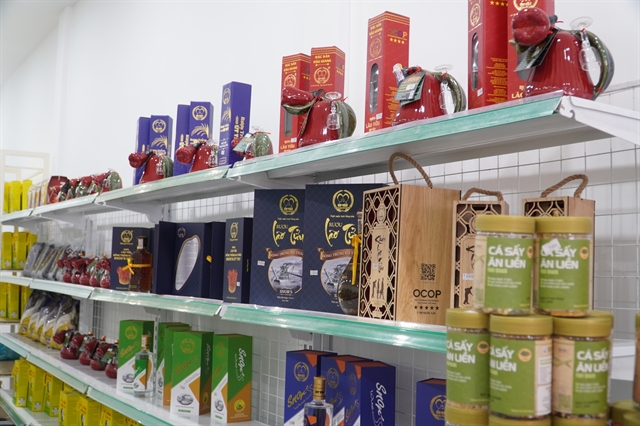 Society
Society


|
| Hồ Anh Tuấn was among the 11 Vietnamese citizens to have volunteered in Russia's COVID-19 vaccine Sputnik V trial. — VNA/VNS Photo Trần Hiếu |
MOSCOW — Eleven Vietnamese citizens working in Moscow, Russia have volunteered to join a Sputnik V trial programme to test the world's first approved COVID-19 vaccine.
Launched by the Moscow authority in early September, the programme has so far vaccinated more than 6,000 people, including local people and citizens from many countries, as part of the efforts of mass testing the potential vaccine, whose name was to honour humankind's first satellite launched into space by the Soviet Union in 1957.
Hồ Anh Tuấn, from the central province of Nghệ An has worked in Russia for ten years selling clothes in Russian capital city’s markets. He is one of the first Vietnamese people to join the programme, citing his concerns for risks of coronavirus infections given his working conditions in narrow space with lots of strangers.
According to Tuấn, before getting vaccinated, volunteers undergo blood, urine and nasopharyngeal fluid tests. Of the nearly 20 Vietnamese registering for testing, 11 were eligible and have been injected with the Sputnik V vaccine.
Tuấn said his health was stable so far following a light fever which lasted only for the first night after injection.
Hoàng Kiều Loan, 21, from the central province of Quảng Bình, went to Russia to work in a hair salon two years ago. She also volunteered for the tests.
Loan said she was so worried about the spread of the virus and had registered to volunteer online and underwent all necessary diagnostics before she was given the shots.
Doctor Angela Viktorovna who supported the Vietnamese volunteers said all of the people who had been tested were in good health and some had had initial reactions to the vaccine such as sneezing and low-level fever.
They would be monitored and examined for health within 180 days of vaccination, she said, while doctors would always be available to respond to abnormal developments that might occur in the volunteers.
All volunteers were provided free health insurance and a commitment for compensation in case the volunteers suffer from health consequences caused by the vaccine.
She said the vaccine would be given in two doses, 21 days apart.
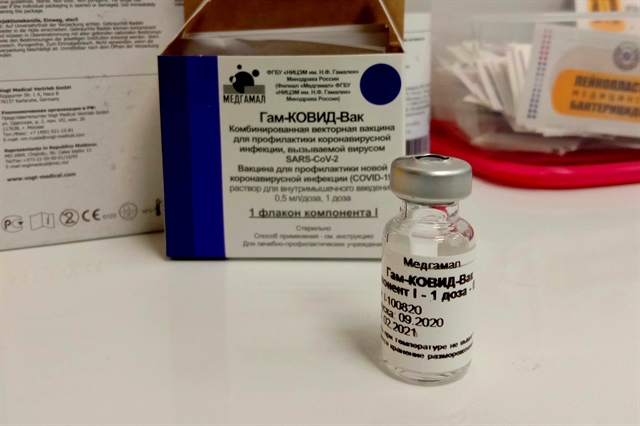
|
| A vial containing a dose of the Sputnik V vaccine. — VNA/VNS Photo Trần Hiếu |
The vaccination programme, launched by the Moscow authority in early September at nearly 20 medical facilities, is considered one of the measures to help local authorities quickly curb the spread of COVID-19. It is part of the large-scale trial study of Sputnik V vaccine in Russia after the adenovirus vector-based vaccine, developed by the Gamaleya Scientific Research Institute of Epidemiology and Microbiology, was licensed in August, the first one to do so in the world.
Industrial manufacturing of the vaccine is expected to start in January next year.
Despite pursuing its own domestically made COVID-19 vaccine, Việt Nam has reportedly placed an advance order of up to 150 million doses of the Sputnik V.
Vietnamese deputy health minister Trần Văn Thuấn earlier told Tuổi trẻ (Youth) newspaper that Việt Nam was also working to secure supply of promising from the US and UK at a preferential price for developing country, without elaborating further.
As of October 12, Russia had recorded more than 1.3 million COVID-cases, which put it as the country with the world’s fourth highest coronavirus caseload. — VNS

